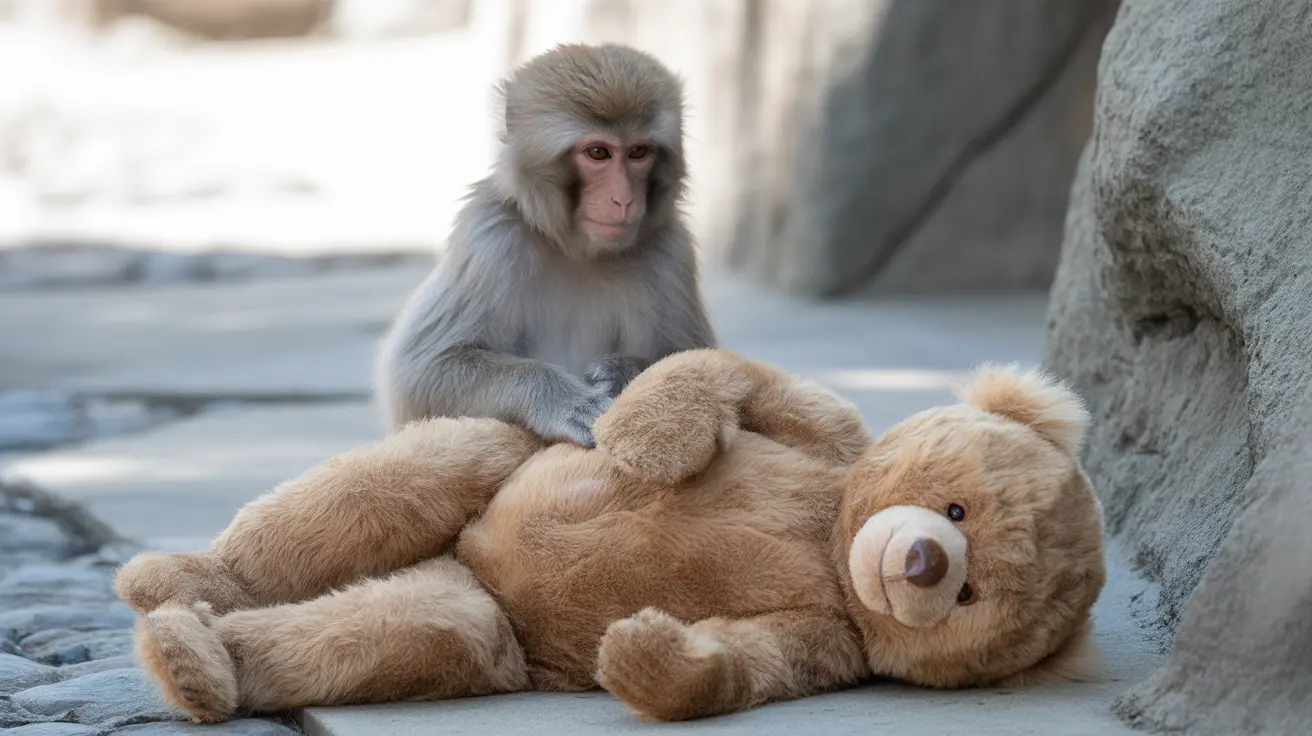The #1 Most Protective Dog: Why the German Shepherd Leads the Pack
When it comes to choosing a dog that offers both companionship and protection, one breed stands out above the rest: the German Shepherd. Revered worldwide for its intelligence, loyalty, and protective instincts, this breed has earned the top spot as the most protective dog. But what makes the German Shepherd so effective as a guardian? Let's explore its characteristics, history, and why it's consistently chosen for roles that require vigilance and courage.
Origin and Purpose
German Shepherds were initially bred in Germany in the late 19th century for herding and protecting sheep. Over time, their versatility and aptitude for command made them ideal for military and police work. Today, they serve in a wide array of protective roles, from search-and-rescue missions to home security.
Top Qualities That Make the German Shepherd So Protective
- High Intelligence: German Shepherds rank among the smartest dog breeds, allowing them to learn complex commands and adapt quickly to new situations.
- Loyalty: This breed forms strong bonds with its family members and is deeply devoted to their safety and well-being.
- Bravery: German Shepherds are known for their courage, often stepping into dangerous situations to protect their owners.
- Trainability: Their eagerness to obey and perform tasks makes them one of the easiest breeds to train for both basic commands and specialized protection roles.
- Natural Guarding Instincts: Unlike many breeds, German Shepherds have a strong natural instinct to protect their territory and loved ones.
Roles in Society
The German Shepherd's protective nature makes it a popular choice for a variety of roles:
- Police and Military Dogs: Their strength and intelligence make them ideal for sniffing out threats and apprehending criminals.
- Service Dogs: German Shepherds often assist people with disabilities due to their gentle yet attentive demeanor.
- Search-and-Rescue: Their excellent sense of smell and determination make them valuable in finding missing persons.
- Home Security: Many families keep German Shepherds as watchdogs due to their intimidating presence and fierce loyalty.
Training and Socialization
While inherently protective, proper training and socialization are critical to ensure that a German Shepherd distinguishes between a real threat and a harmless situation. Introduce them to different people, environments, and experiences at an early age. Positive reinforcement is key to nurturing well-behaved behavior.
German Shepherds as Family Pets
Despite their guarding prowess, German Shepherds make excellent family pets. They are affectionate with children and can be gentle and playful around loved ones when raised in a nurturing home. However, due to their size and energy levels, they require adequate space and regular exercise to thrive.
Comparisons with Other Protective Breeds
Other dog breeds are also recognized for their protective instincts, including:
- Rottweiler: Another powerful, loyal breed known for its guarding abilities.
- Doberman Pinscher: Sleek and fast, ideal for alert response and personal protection.
- Belgian Malinois: Favored by military units for combat-related tasks.
- Bullmastiff: Strong and gentle guardians, excellent for family settings.
While these breeds are valuable in their own right, the German Shepherd remains unparalleled when combining intelligence, versatility, and devotion.
Conclusion
If you're looking for a dog that not only loves unconditionally but also protects tirelessly, the German Shepherd is the clear choice. With the right training, care, and affection, this breed becomes more than just a pet—it becomes a stalwart guardian and a cherished family member.





